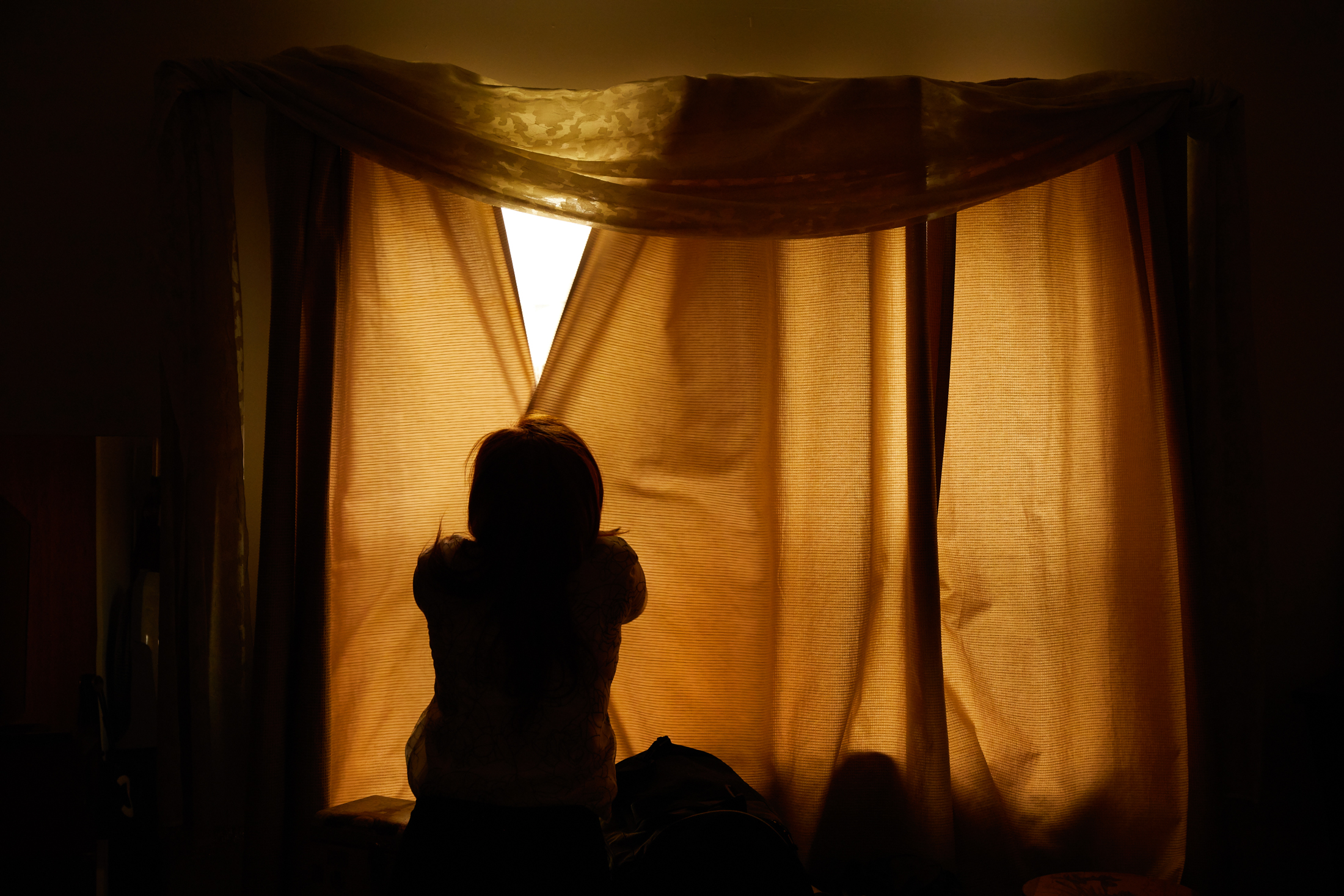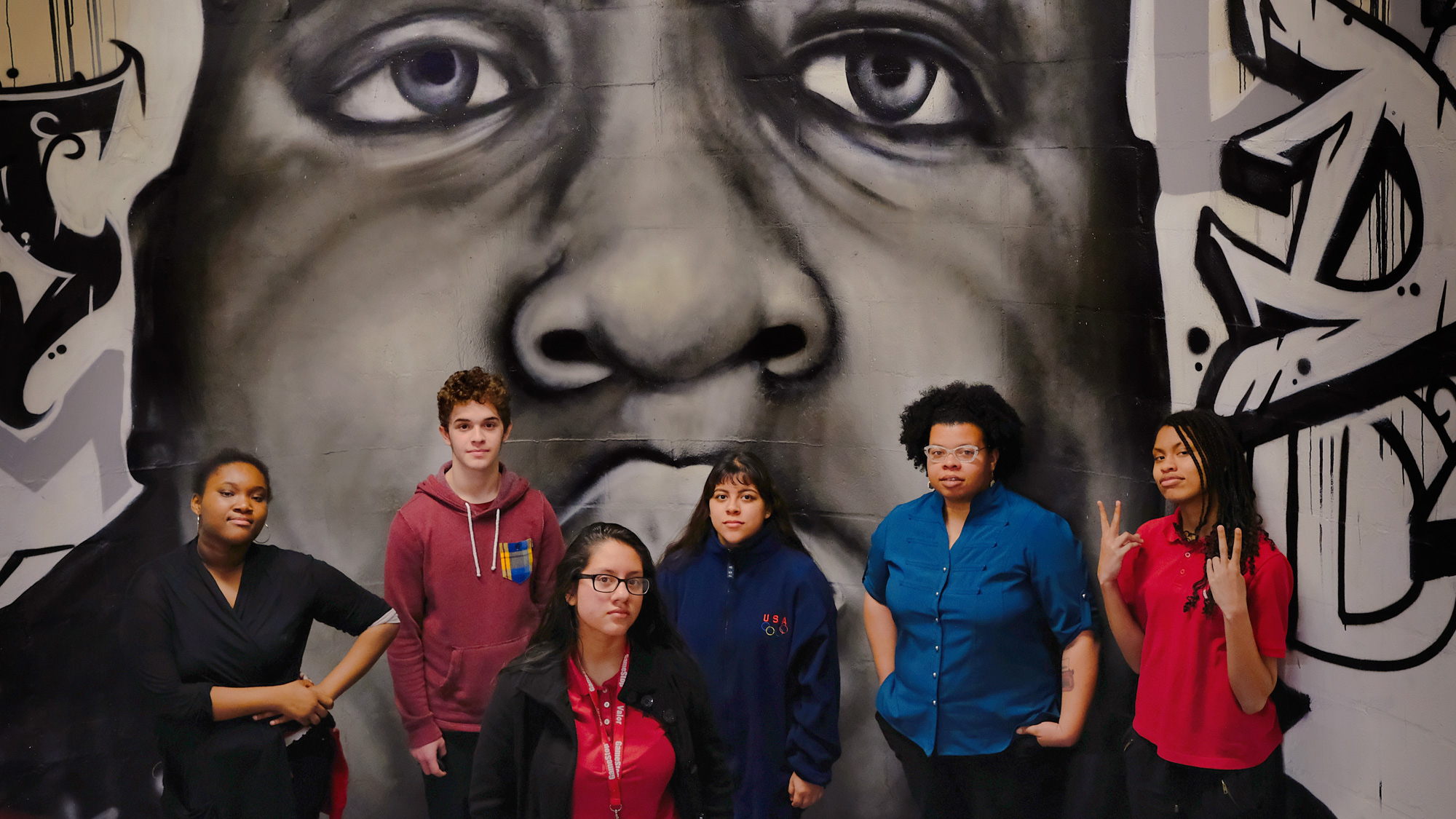Five years ago, I serendipitously stumbled upon the history of domestic worker organizing as the subject of my dissertation.
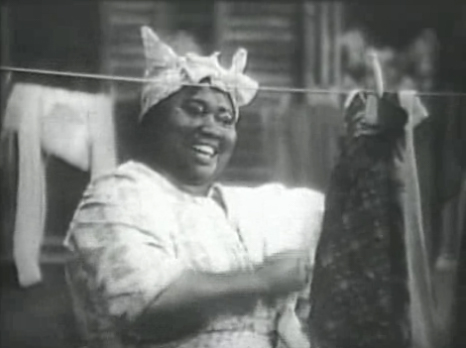
In the beginning I was haunted by the image of the mammy figure, which dominates our collective national imagination when we think about domestic labor.
When placed alongside the proud, dignified women of my family, the image of mammy always seemed so unreal to me. Not to mention this image dates back to slavery. And it’s still around. And it’s everywhere.
Early on I asked my mother: “Were you ever ashamed of Nanny for doing domestic work?” I could hear the confusion in her pause over the phone. Then she responded: “Why would you be ashamed of someone for working?”
The women in my family have all worked. I am the daughter of four generations of domestic workers.
I wanted to write about these women. To replace the image above with an image like this:
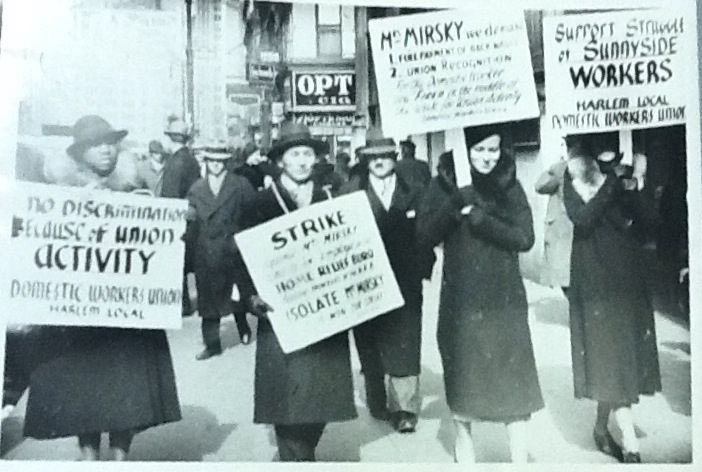

The problem was I didn’t know who these women were. But I was determined to figure it out.
Fast forward. In 2012 I became the American Studies Fellow at the Rutgers Newark Center for Migration and the Global City. I was tasked with planning a conference about the contemporary issues facing domestic workers. I can say now, in retrospect, that I had no idea what the hell I was doing. But Tim Raphael, the director of the center and the mastermind behind Newest Americans, seemed convinced I could do it.
We titled the conference Maid in the USA, in honor of our keynote speaker, Mary Romero, and the 20th anniversary of the publication of her book of the same name. The book was a real trailblazer in scholarship on domestic work. It addressed the labor of women of color, mainly Latina women working in the southwest, from their point of view.
The conference brought together scholars, students, domestic workers, activists, and advocates from the New York metro area. It included an exhibit of the work done by students of the Arts, Culture, and Media department, who had been researching the lives of contemporary domestic workers. There was a blog, maintained by yours truly, which featured the students’ work and bios of our esteemed panelists. It was an ambitious undertaking, but well worth it.
The best part of the day was the final panel, made up of women from the National Domestic Workers Alliance and Domestic Workers United, a domestic workers’ advocacy organization based in New York. They led all of the attendees in the chant that begins and ends their meetings: “It’s our duty to fight. It’s our duty to win. We must love each other. And respect each other. We have nothing to lose but our chains.” There was something so familiar about these women. I knew these women.
For me the greatest revelation of the conference was stepping outside of my historical happy place to actually learn what became of all the hard work of early black women labor activists. Domestic workers certainly look different. Black women dominated the profession until the 1970s, but as they began entering other professions immigrant women (mostly from Africa, the Caribbean, South Asia, and Central and South America) became the new norm. Other than that, not a damn thing has changed.
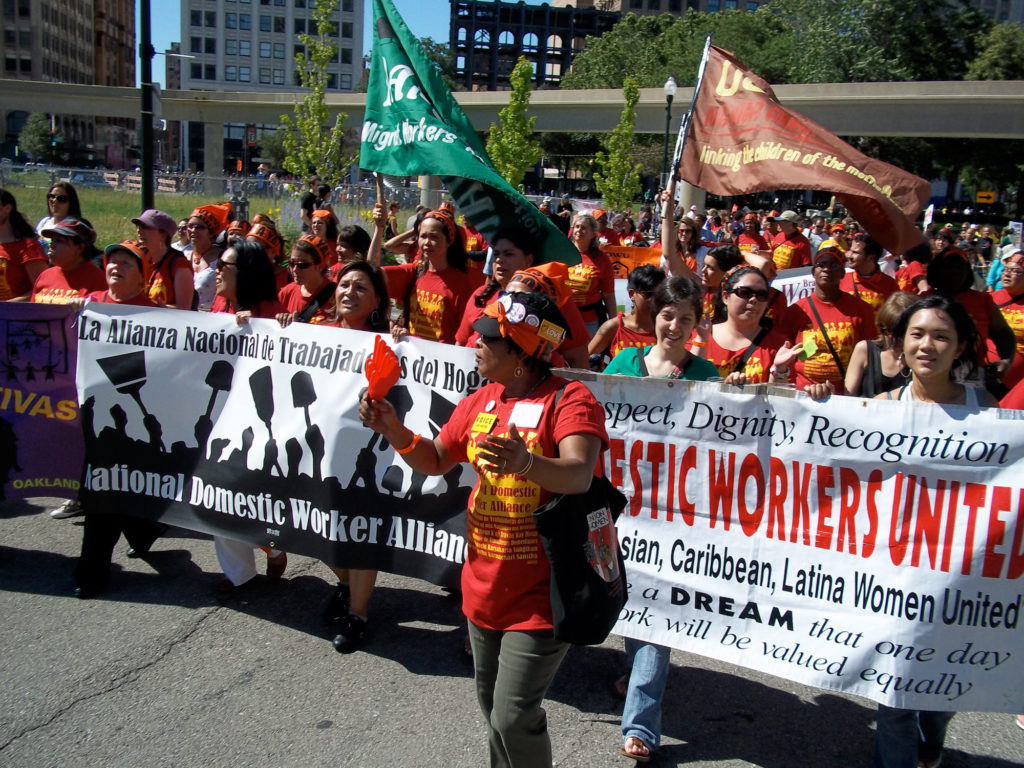
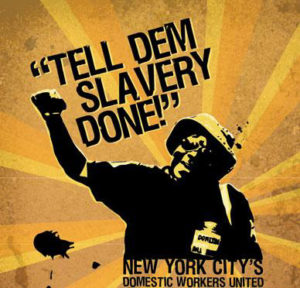
I learned that every single labor right that I took for granted (minimum wages, maximum hours, health benefits, etc.) is denied to domestic workers. After decades of organizing by women of color, the federal government still deemed them unworthy of the most basic rights guaranteed to all workers. I was pissed. I’m still pissed. And I will remain pissed until that fact changes.
Energized by the conference, and determined that someone had to hear about this injustice, I decided to keep the blog going. Thanks to the demands of teaching and research, I kept that commitment for all of a couple weeks.
So, I kept writing. My dissertation, that is. However, as a result of the process of living and breathing a very specific subject matter (some people call it graduate school) I started seeing the significance of domestic workers everywhere. And the itch to give voice to the current domestic workers movement wasn’t getting scratched. I had more to say than even a dissertation could contain.
A few months ago I found myself fiddling with the old Maid in the USA blog. After figuring out a password that I had long forgotten, it was up and running again. Typically, what goes on the cutting room floor of a dissertation gets placed aside in favor of a later project or journal article. Blogging gave me a way to give all these thoughts new life.
And that’s the story of how my random musings became a virtual conversation between me and all seven people who explore the margins of WordPress. What were once simply musings from the cutting room floor have been rescued by this dynamic meditation on the “Newest Americans.”
